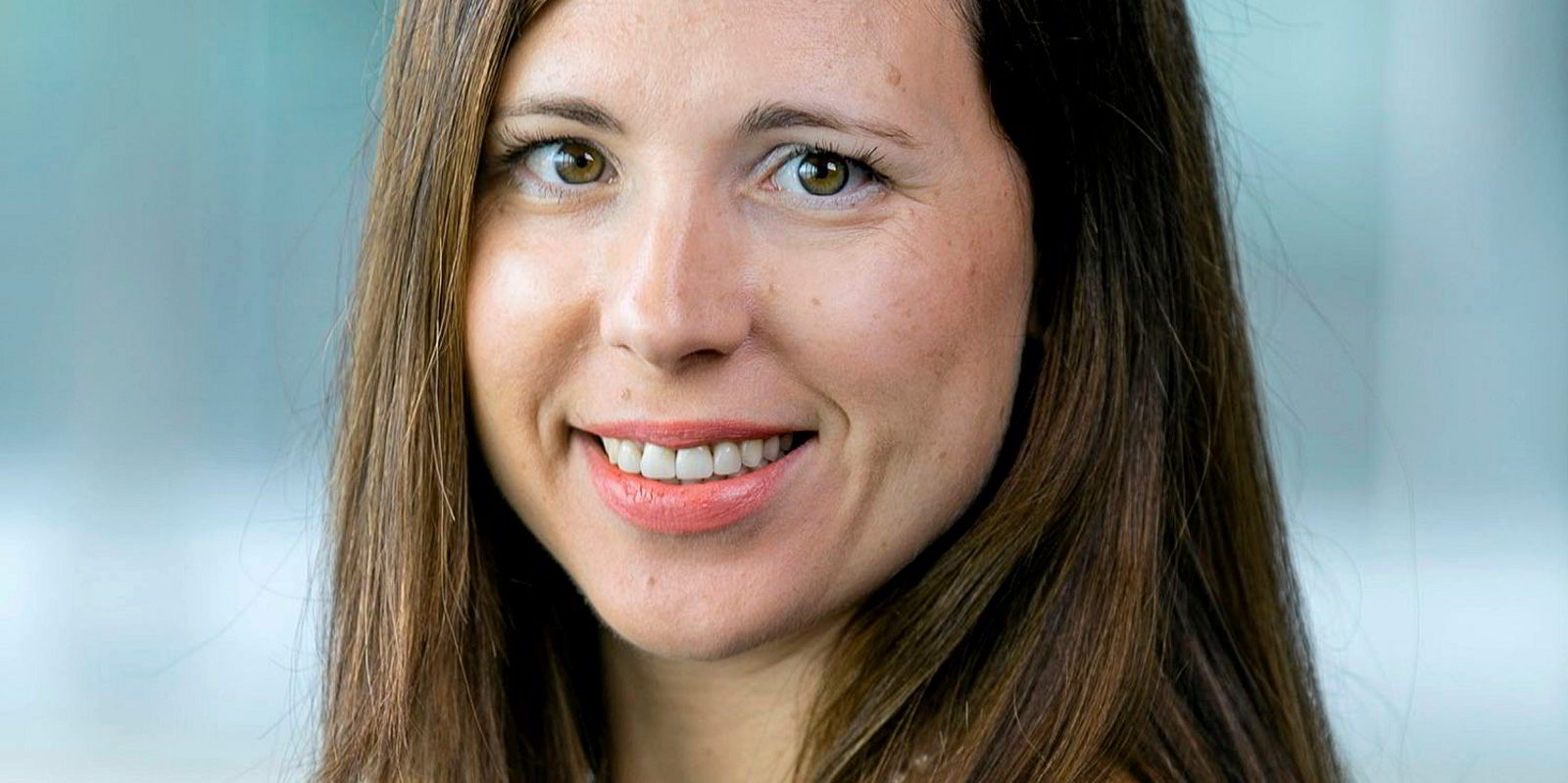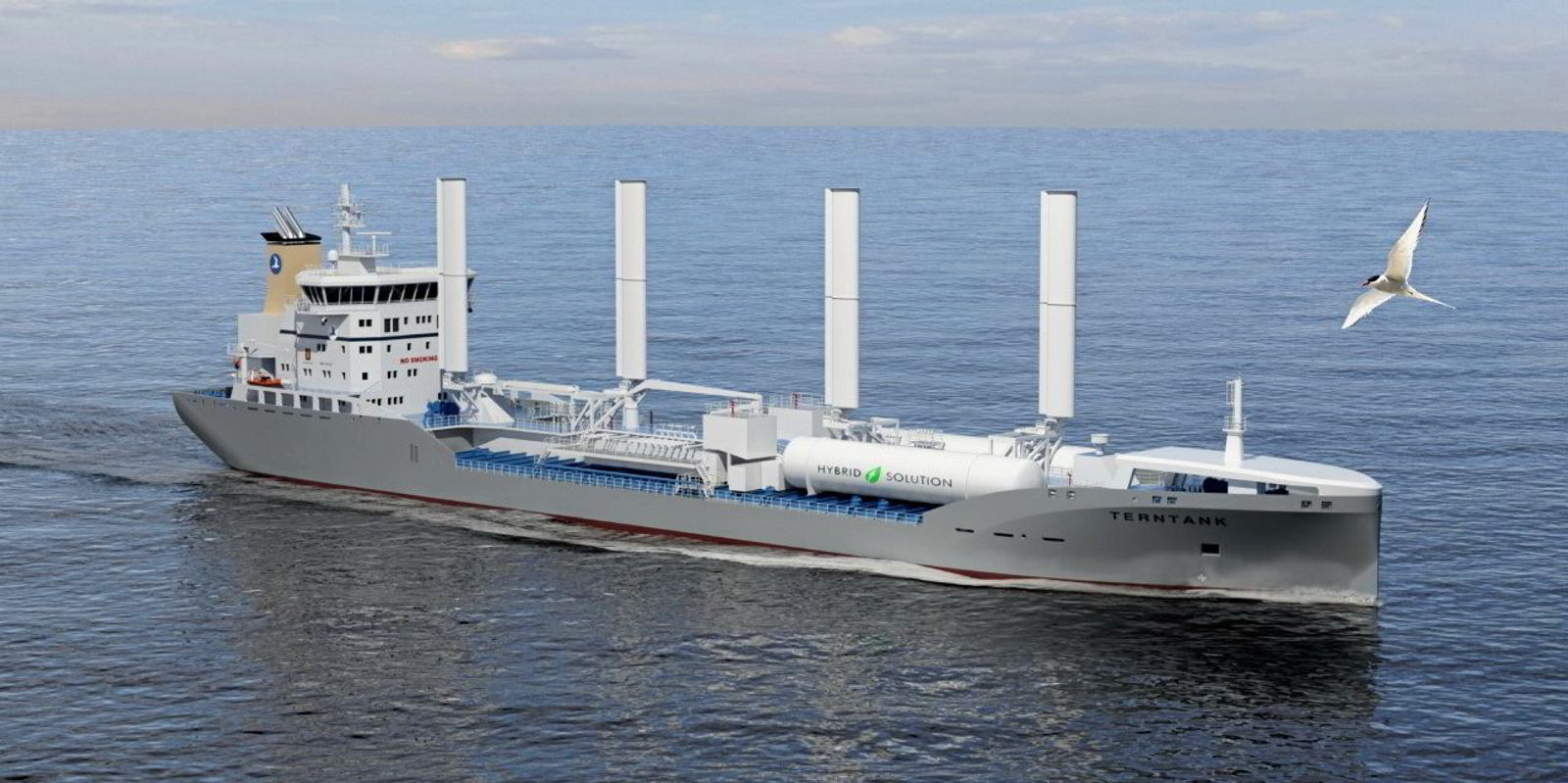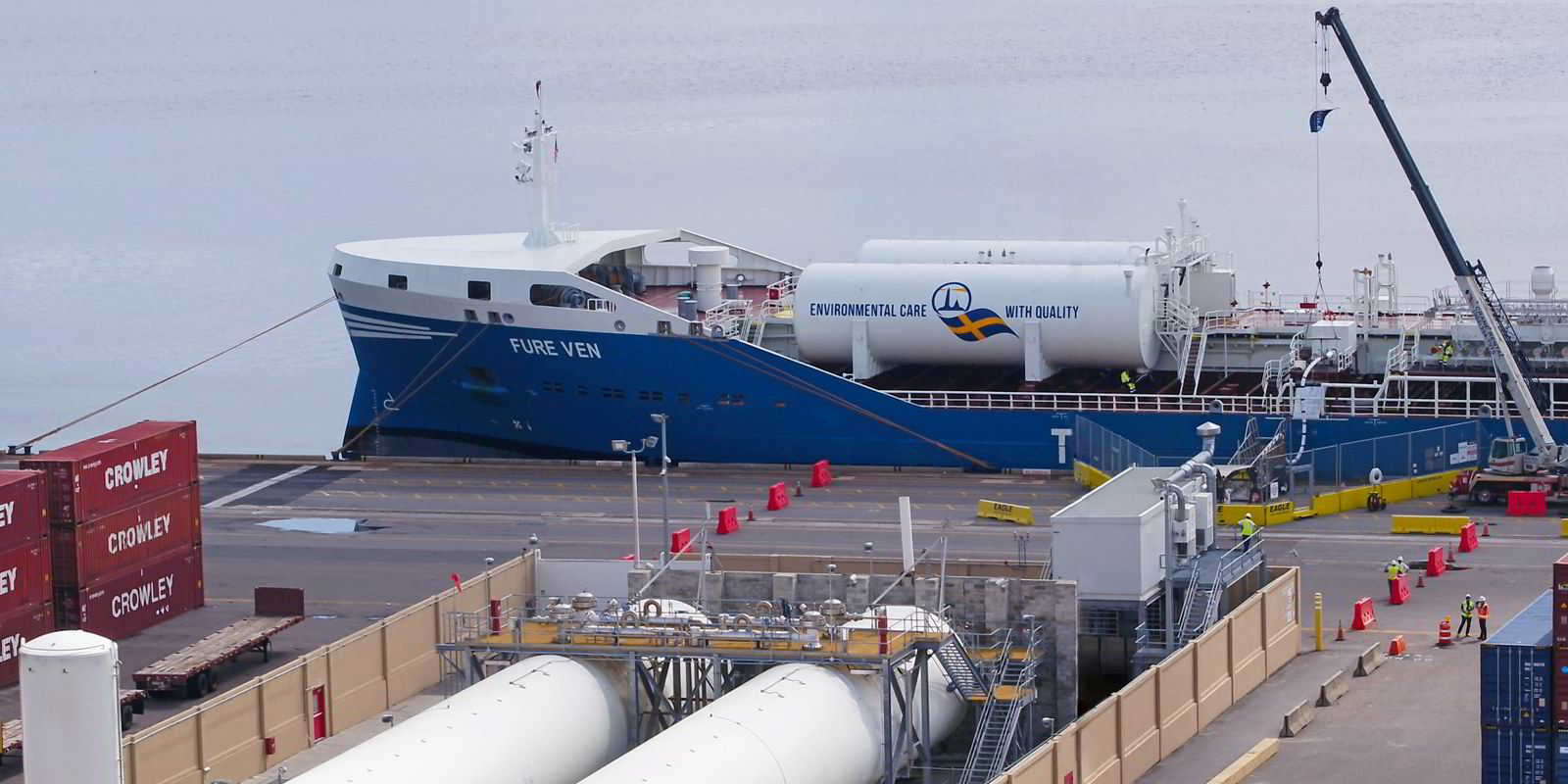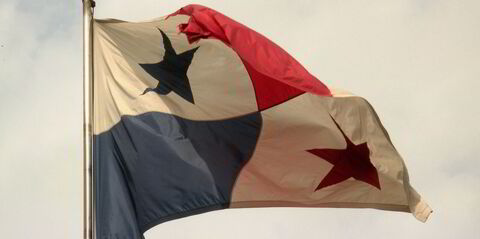Finnish oil company Neste is putting its money where its mouth is and trialling low sulphur bunker fuel on two of its own tankers.
From May 2023 onwards, two tankers transporting Neste’s renewable diesel from Finland to Sweden will be fuelled with its Neste Marine 0.1 co-processed fuel.
The two tankers are the Finnish-flagged 14,665-dwt Suula (built 2005) and the 14,750-dwt Kissla (built 2004), the company said in a statement.
Neste Marine 0.1 Co-processed fuel is produced at the company’s refinery in Porvoo, Finland, where renewable raw materials are co-processed with fossil fuel raw materials in a conventional refining process.
Neste claims the fuel enables up to “80% lower greenhouse gas (GHG) emissions over the fuel’s life cycle compared to fossil fuel”.
“We are committed to working with our suppliers and partners to reduce emissions across our entire value chain,” said Markku Korvenranta, executive vice president for oil products business unit at Neste.
“Powering two tankers transporting our renewable diesel with a marine fuel to reduce greenhouse gas emissions is yet another step towards reaching our sustainability targets.”
Sveta Ukkonen, head of marine fuels and services at Neste said the fuel, which was introduced a year ago, is now commercially available in Finland and Denmark.
“Our aim is to support shipping companies in their transition towards carbon neutrality,” she added.
“As a part of Neste’s target to reduce emissions across our value chain, we have now started transporting our renewable diesel to Sweden in two tankers that run on lower emission marine fuel themselves.”
Neste says it is committed to working with its suppliers and partners to reduce the indirect greenhouse gas emissions across its entire value chain, including the transportation of its products.
By the end of 2022, Neste had switched four vessels to more energy-efficient ones and in March 2023, agreed 10-year time charters for two new lower-emission tankers from Terntank to transport raw materials and products.
The 15,000-dwt tankers are designed with foldable suction sails and dual-fuel engines enabling the use of e-methanol as fuel, which is produced with Power-to-X technology using captured carbon and renewable energy.
They were ordered at CMHI Jinling Shipyard in Yangzhou, China and are due for delivery during the second half of 2025 and the beginning of 2026.





